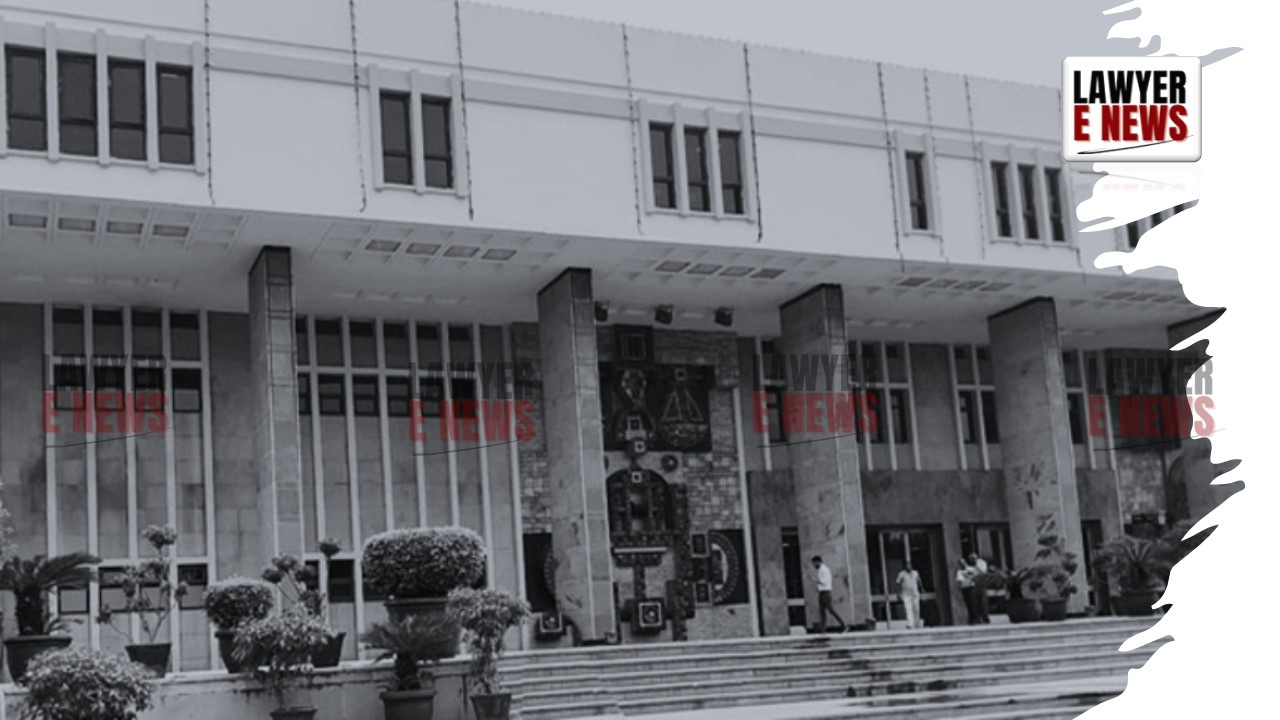-
by Admin
15 February 2026 2:36 AM



In a significant ruling emphasizing the right to be forgotten, the Delhi High Court has granted an injunction ordering several media houses to remove online content that continued to defame a plaintiff despite his acquittal in a criminal case. The court recognized the importance of protecting the plaintiff’s privacy and dignity, particularly in light of his honorable acquittal and the lasting impact of online content on his reputation.
The plaintiff, Rakesh Jagdish Kalra, a businessman, was implicated in a criminal case registered in Mumbai in June 2018 under Sections 176, 201, 202, 336, 334 of the Indian Penal Code and Sections 3 and 25 of the Arms Act. However, after a full trial, the Metropolitan Magistrate of Andheri, Mumbai, acquitted him in October 2019, citing a failure of the prosecution to establish his guilt.
Despite this acquittal, media houses including India Today Group, INDIADOTCOM Digital Pvt. Ltd., Mid Day Info Media Ltd., and The Indian Express, continued to maintain their original posts on their websites, which contained defamatory content related to the plaintiff’s alleged involvement in the crime. While some media outlets updated their articles to reflect the acquittal, they still retained the original defamatory allegations.
Justice Vikas Mahajan of the Delhi High Court addressed the tension between the right to privacy and freedom of expression. The court acknowledged that the continued online presence of the defamatory content, despite the plaintiff’s acquittal, posed a serious threat to his right to live with dignity.
The court observed, “The right to privacy, which encompasses the right to be forgotten, must be balanced against the freedom of expression. However, in this case, the balance tilts in favor of the plaintiff’s right to privacy, especially given his acquittal.” The judge further noted that the continued presence of the defamatory content on the internet unjustly prolongs the stigma attached to the plaintiff, infringing on his right to be forgotten and his right to a dignified life.
The court extensively referenced previous judgments, including the Supreme Court’s landmark decision in K.S. Puttaswamy (Retd.) vs. Union of India and various high court rulings, which have affirmed the right to be forgotten as an inherent aspect of the right to privacy under Article 21 of the Indian Constitution.
Justice Mahajan emphasized that while the right to be forgotten is not absolute and must be balanced with other fundamental rights such as freedom of expression, in this case, the plaintiff's acquittal and the subsequent impact on his reputation warranted the removal of the defamatory content. The court highlighted that the plaintiff, having been acquitted, should not continue to be stigmatized by outdated and potentially misleading information available online.
This judgment marks a significant affirmation of the right to be forgotten in India, particularly in cases where individuals have been acquitted of criminal charges. By ordering the removal of defamatory content, the Delhi High Court has underscored the judiciary's commitment to protecting individual privacy and dignity in the digital age. The ruling is expected to have far-reaching implications, influencing how media houses handle content related to individuals who have been cleared of criminal allegations.
Date of Decision: July 22, 2024
